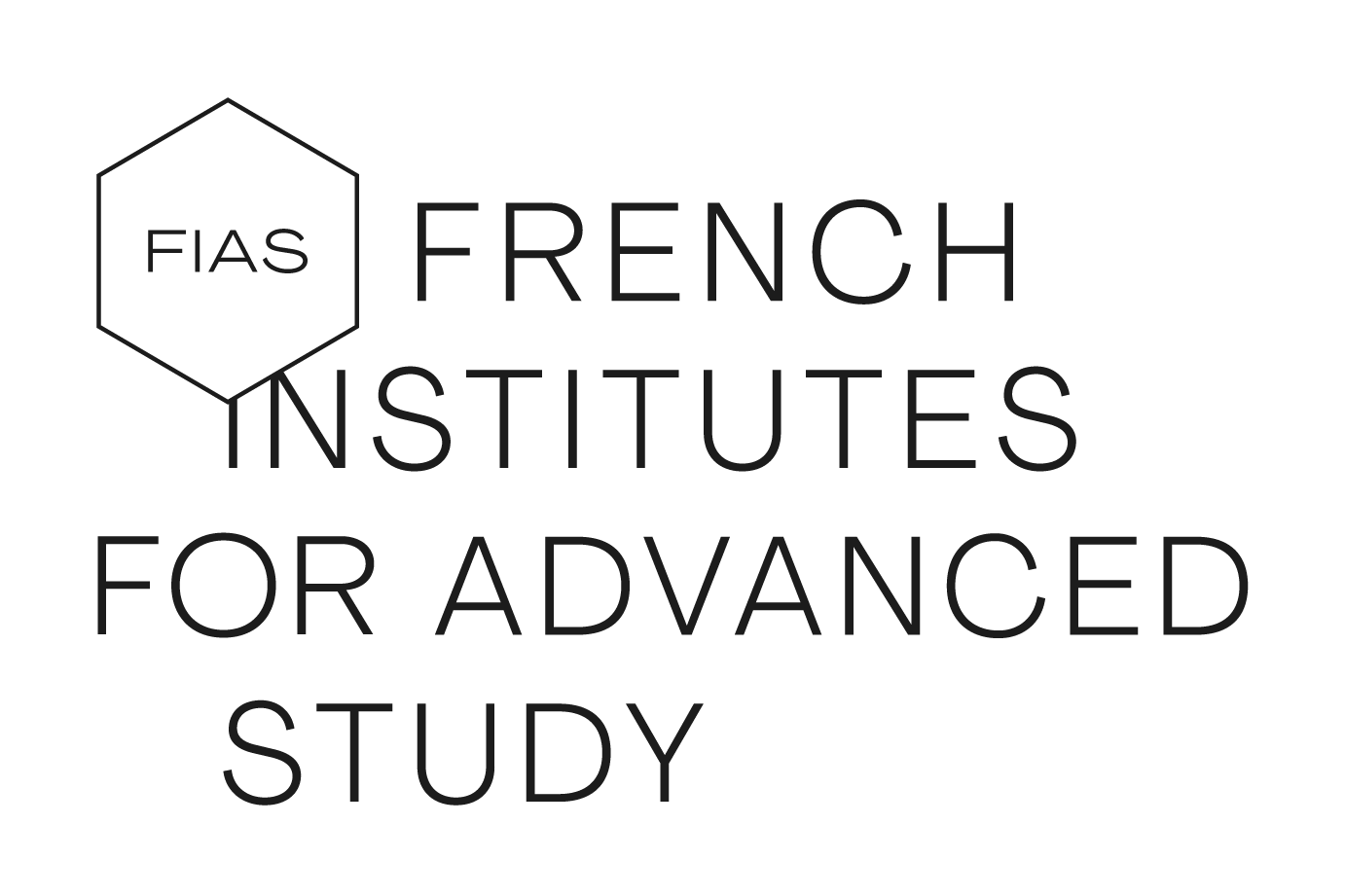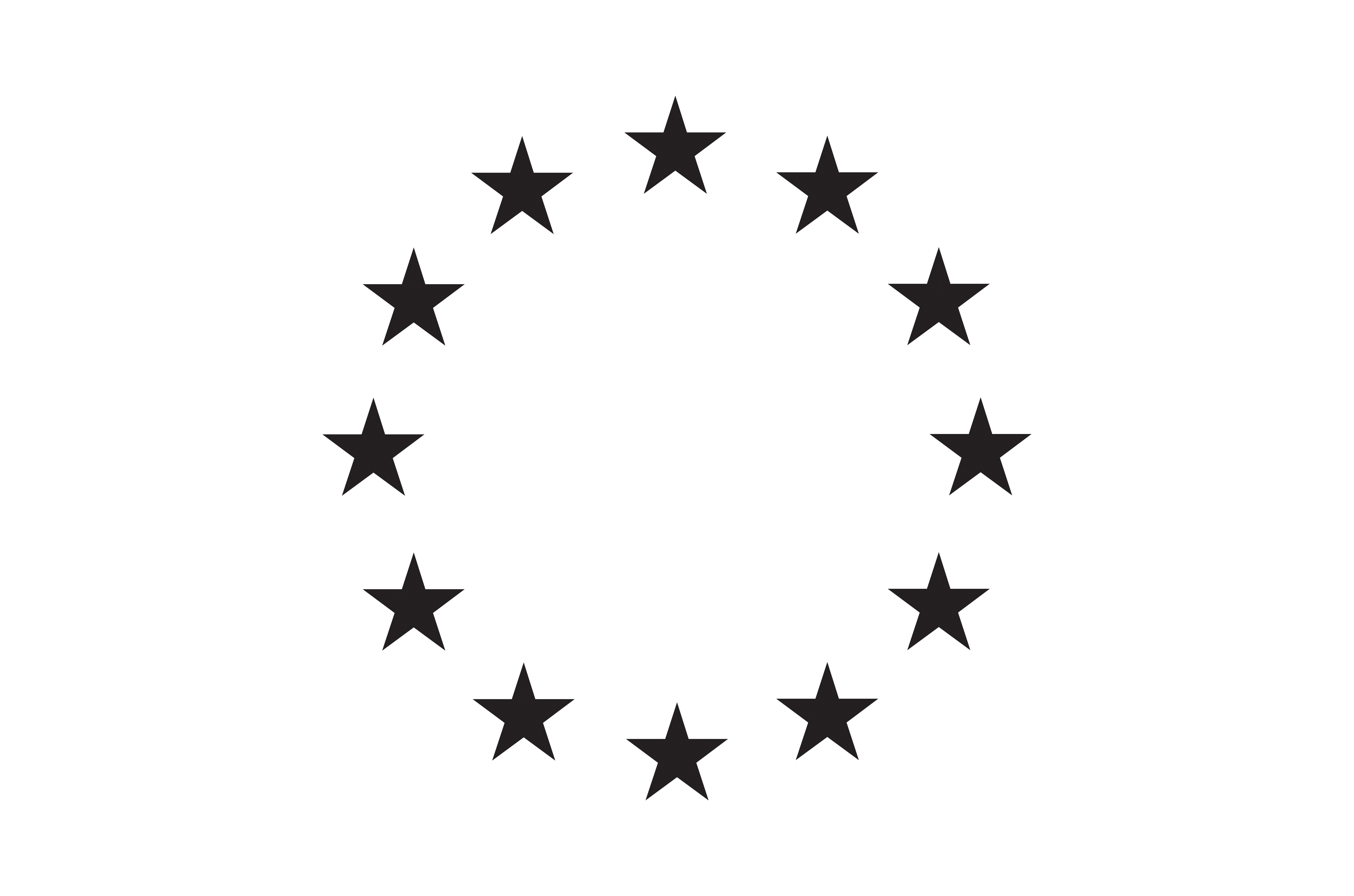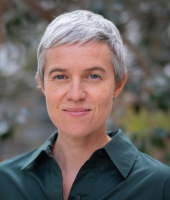Anne Le Goff
Anne Le Goff is a philosopher and researcher at the forefront of science and technology studies and bioethics, currently based at the Institut Sup'Biotech in Paris. Previously, she was a researcher at the University of California, Los Angeles, until 2024.
Her research explores the complex intersections of biotechnologies, contemporary biology, and ethics. With a focus on stem cell research and the germline, Anne investigates how these rapidly evolving fields challenge our understandings of and norms for life and reproduction. Her work probes the shifting conceptions of such novel bioartefacts as in vitro-derived gametes and embryos, shaped by both technoscientific advances and societal debates and practices.
Anne's philosophical approach is rooted in a commitment to empirical, qualitative research. By working at the crossroads of philosophy, bioethics, and cutting-edge biotechnologies, she fosters a rich interdisciplinary dialogue and a democratic approach to biotechnologies.
In September 2024, she joins the Paris IAS as part of the French Institutes for advanced Study fellowship program - FIAS - co-funded by the European Union’s Horizon 2020 research and innovation programme under the Marie Skłodowska-Curie grant agreement No 945408. Her fellowship also benefits from the support of the RFIEA+ LABEX, with a national funding (Grant ANR-11-LABX-0027-01).

![]()

Research Interests
Biotechnologies, Bioethics, Naturalism, Animality, Reproduction and Intergenerational Ethics
Same biotechnology, different challenges: Global ethics of in vitro gametogenesis
This research project focuses on the ethical issues raised by the emerging biotechnology of in vitro gametogenesis (IVG). IVG involves the production of eggs and sperm outside of the body from an individual’s skin cells using stem cell techniques. In addition to its promise for basic research, IVG represents a potential revolution in the field of assisted reproduction. As such, it constitutes an excellent case to study how novel reproductive biotechnologies may profoundly alter definitions of life, inheritance, parenthood, and filiation. Using the complementary tools of conceptual analysis, empirical inquiry, and interdisciplinary collaboration with life scientists, this project examines how IVG is reshaping concepts and norms about human and nonhuman reproductive life.
Moreover, a biotechnology such as IVG raises a major paradox: on the one hand, the stem cell science behind it is largely standardized at the global level; on the other hand, as an object of regulation, law, and public perception, it is highly specific to national and cultural contexts, and should be considered in a transnational manner. This project takes a comparative approach to IVG, between the United States and France, in order to identify and analyze the different ethical challenges that it poses. This research responds to calls for renewed critical thinking about scientific interventions on human and nonhuman life and reproduction, in order to address governance challenges at the national and global levels.
Key Publications
Le Goff, Anne, L’animal humain, Vrin, coll. « La vie morale », 2020, 232 p.
Le Goff, Anne, Allard, Patrick, Landecker, Hannah, “Heritable Changeability: Epimutation and the Legacy of Negative Definition in Epigenetic Concepts,” Studies in History and Philosophy of Science, vol. 86, 2021, pp. 35-46.
Le Goff, Anne, Jeffries Hein, Robbin, Hart, Ariel N., Roberson, Isaias, Landecker, Hannah L., “Anticipating in vitro gametogenesis: Hopes and concerns for IVG among diverse stakeholders,” Stem Cell Reports, vol. 19, no. 7, July 2024 (forthcoming).
|
Series of conferences with Benjamin Hegarty, Senior Research Associate at the UNSW Sydney and 2024-2025 research-fellow at the Paris IAS, and Anne Le Goff, researcher at the Institut SupBiotech (Paris) and 2024-2025 research-fellow at the Paris IAS Intervention d'Anne Le Goff, chercheuse-résidente 2024-2025 de l'IEA de Paris, lors du colloque "Traversées et résonances du vivant" de l'Université catholique de Lille Colloque co-organisé par Anne Le Goff, SupBiotech Institute, résidente 2024-2025 de l'IEA de Paris |
|
|
|
|



